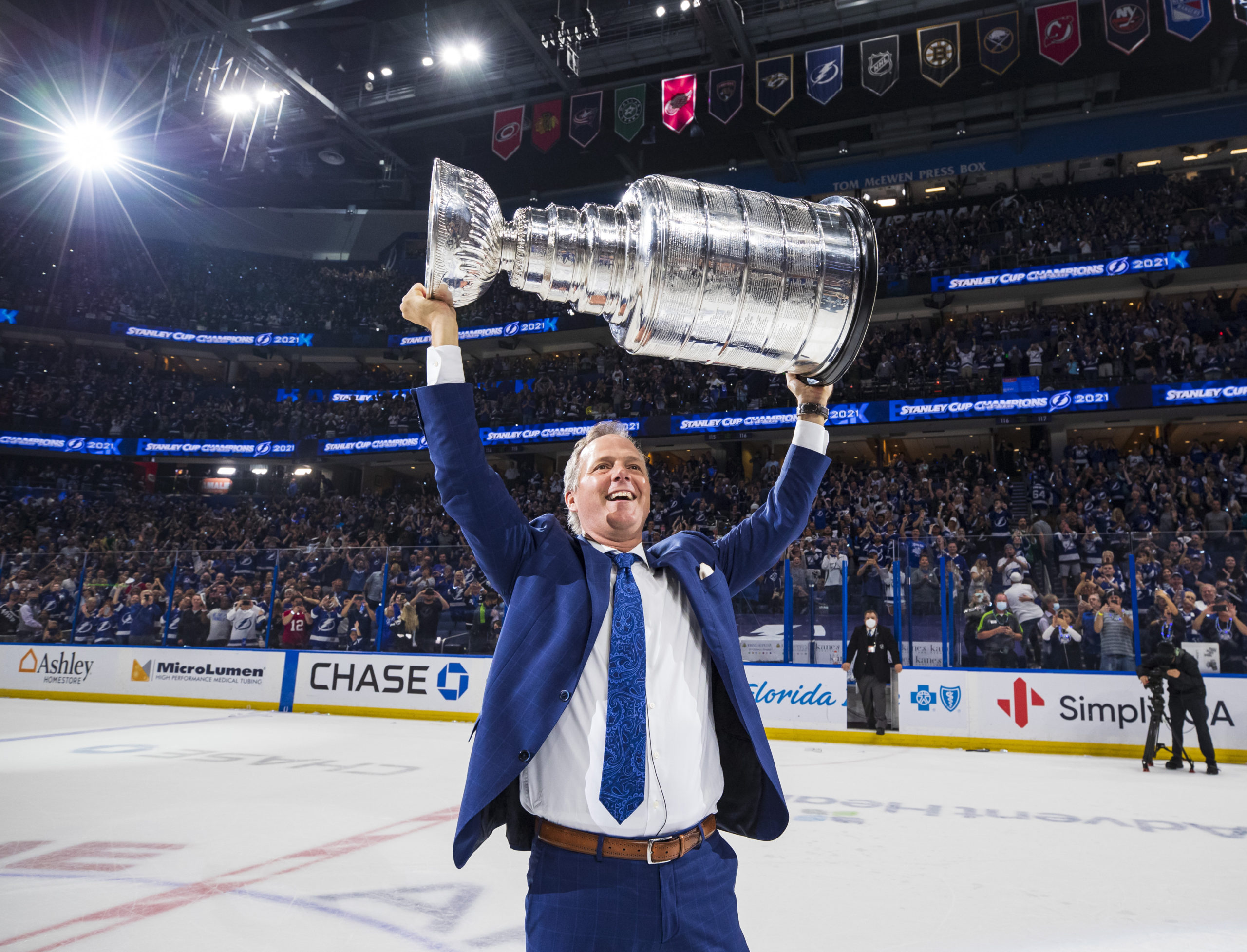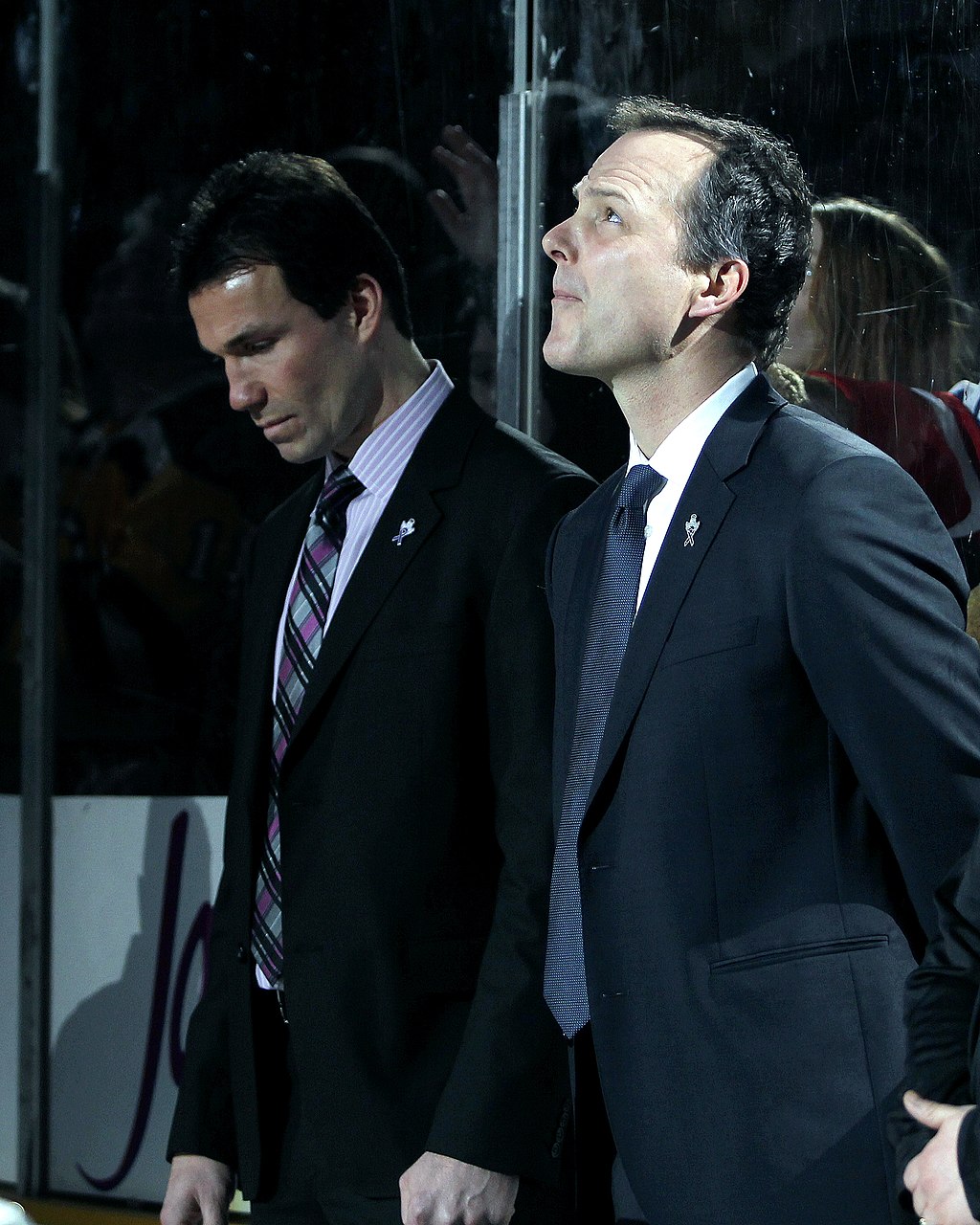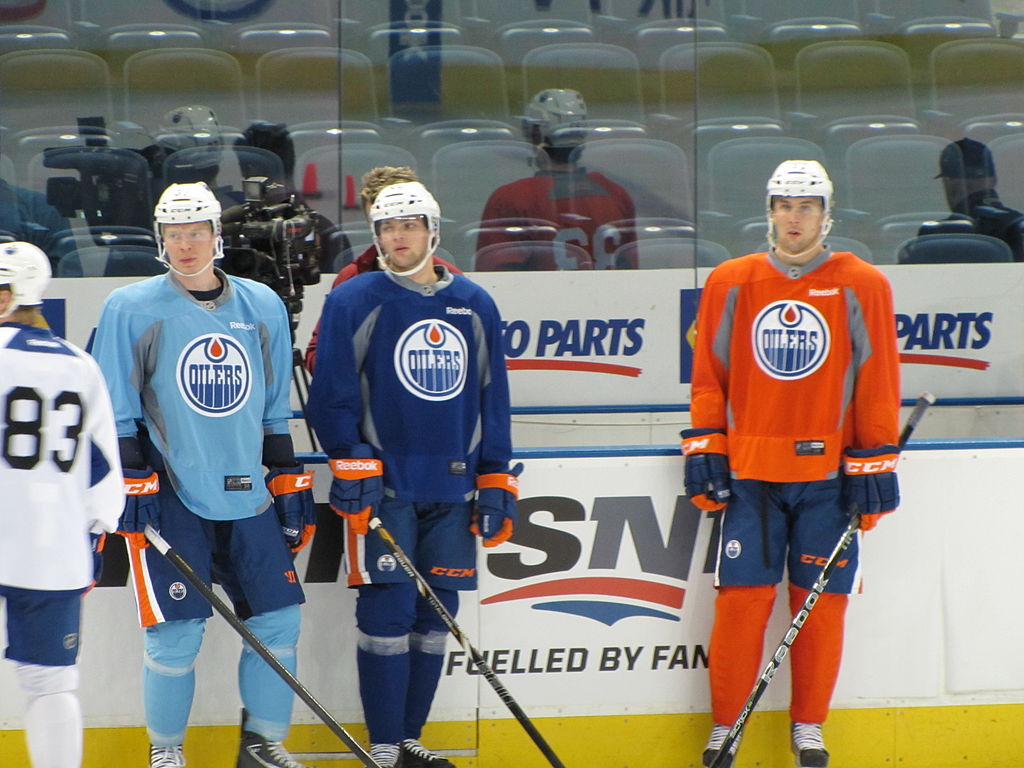By Mikhail Bryan
The “infinite game” is a concept brought forth by author and speaker Simon Sinek. Sinek believes the infinite game is the way in which most organizations should operate. However, he also believes that most organizations don’t operate in such a manner. Sadly, I agree.
In business (or the “real world”) the infinite game entails that we don’t solely focus on profits and growth alone. While these are all worthwhile pursuits, they are not the sole purpose of an organization. Those who operate in the infinite game put people, relationships, and causes above profits and growth. Infinite gamers have a cause they are working towards, something they are aiming to achieve above simply profits and growth. Valuing those you work with and for and the relationships that are built is possible WHILE growing and earning a profit. The infinite game is a self-propelling flywheel, but this is only possible if we make a concerted effort.
The Finite Game
The finite game is essentially the antithesis to the infinite game. It’s the game most businesses and organizations are playing right now. Focusing on quarterly earnings, arbitrary measures and pay cuts in the name of stockholder happiness. It’s a world where 40 low-level employees are laid off before a C-level executive takes a minor pay cut. Where employees are scared every year as the annual layoffs come around. It’s a world where quite frankly, no one is safe. While the finite game may get you ahead today or tomorrow, it will not protect you for a lifetime.
Hockey and Development of the Infinite Game
As spring rolls around and youth teams begin their tryouts for next season, it is important to think about what your priorities are for the next year. Whether you are a player or parent, there should always be certain goals and objectives that you are hoping to work towards the following year. Your coaches should align (and help) with these goals. As a coach myself, I believe it is a coach’s duty to make sure he/she is aware of these goals, and is doing whatever they can to help advance them.
One goal that tends to be overlooked is development. Within development, there are several different categories. Skill development, mental development, physical development, emotional development, personal development, etc. If any of these sound less obvious, or like they’re not pertinent in hockey, ask yourself the last time emotions or personal circumstances affected the way you worked, exercised, or ate? For most people, they are all interconnected. This also carries over into “internal versus external competition” that we discussed in a previous article.
An infinite-minded coach looks at the player and team on a holistic level, recognizing what each player brings to the table and how they can advance the team’s goals. If the team’s goals are infinite, there are multiple ways for players to contribute to accomplishing the team’s goals. If the team’s goals are finite, then there are only a few ways for players to contribute.
Infinite-Minded Goals
The goal of this section is to learn what some infinite-minded goals are, to be able to look for them as you are going through the tryout process. Some infinite-minded goals that you can look to hear from coaches include:
- Players improving as the season goes along
- Team improving from beginning of year to end
- Coaches improving with the players, getting better with feedback and teaching styles
- Developing skills and abilities for the next level
Finite-Minded Goals
As with the previous section, the goal of this section is to recognize some finite-minded goals. It is not to say that these goals are bad, just that they are likely not oriented towards the long-term development of you or your player.
- Winning more games than losing
- Tournament/state/national championship
- Better/nicer facilities
- Commitments (whatever the next level is – prep, junior, college)
Which Game to Play?
You may have read those two sections and thought to yourself, “well I want to win tournaments and advance to the next level…What’s so bad about that?” The answer is nothing, there is absolutely nothing wrong with that. Most people play to win and get to the next level. The difference is in the approach that the two hypothetical coaches take.
The Infinite-Minded Coach
The infinite-minded coach is focused on improvement for everyone, getting better every step of the way. This coach likely understands the need to treat their players well, building relationships with each and every player so that they can tailor their coaching style to that individual person. He/she also likely knows they need to get better too, constantly finding ways for themselves to teach and coach more effectively.
What this coach also knows is that if they are diligent in their attempt to accomplish these goals, the wins, championships and player advancement opportunities WILL come. Think about it – how could a team of 20-25 players get better along with their coaches, and still not win the majority of their games? It’s certainly possible but highly improbable. When we look at the odds of the finite-minded coaches, they are reversed.
The Finite-Minded Coach
The finite-minded coach does not concern him or herself with development, teaching, getting better or anything of the like. All they care about is wins and championships, and showcasing where their players are going next. Anything less than this is a failure and not worthy of being proud of. Like a business prioritizing profits over people and seeing dollar signs as faces, the finite-minded coach values wins over anything and sees players as pawns in their game. It is certainly possible to win this way, yet not as likely as one may think.
Why Infinite?
Coaches who engage in the infinite game are likely to create better environments for their players to succeed. They are able to lay the groundwork for their players to grow and learn over the course of a season, undoubtedly making mistakes along the way. These mistakes make the individuals better, as well as the team. (Check out our article on the “importance of failure” for more detail on how downfalls can actually lead to improvement.) Ultimately, the infinite-minded coach is left with a team that is much greater than the one he/she began with. They have built a team that truly is greater than any one individual on their own.
Just like a team with an infinite-minded coach, a business with an infinite-minded leader can enjoy the same fruits of their labor as these coaches do. Employees will feel safe and secure knowing their leader cares about them, allowing them to grow and improve in a manner not possible in many organizations today.
Building an Identity….
Over time, this infinite approach shapes the team or business identity. While it may be harder in the beginning to convince players and parents, or potential employees, that development is equal to wins and profits, this will prove itself true in the long run. I, along with Sinek, believe that the longer a team or organization takes the infinite approach, the more success they will experience.
This is the kind of environment that players and parents should be looking for. This is the environment where you or your son/daughter will be able to grow and mature into the best version of themselves as people. They will become a better person, and then a better player. Believe it or not, infinite-minded organizations do exist… You just have to find them. Now that you are equipped with the information you need to find them – it’s up to you to go do it.
Post image: By: Alex Weisenmiller, CC BY-SA 4.0 https://creativecommons.org/licenses/by-sa/4.0, via Wikimedia Commons




